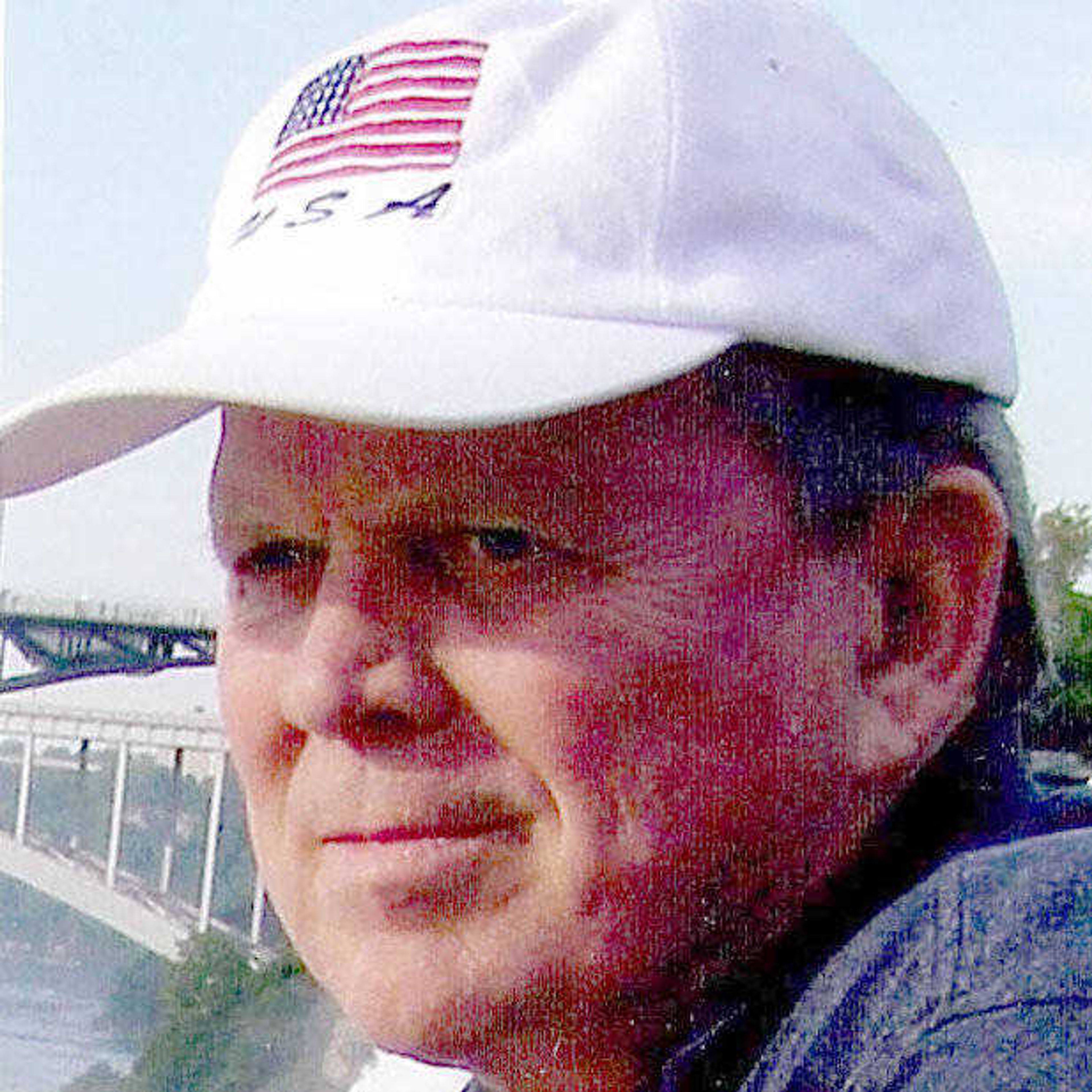In praise of hard work
Many in the older generations can tell stories of how hard it was growing up, working, and getting an education. That was back, "in the day." In the 1930s, 40s, and 50s it was usual for a young person to have at least a part-time job. They worked on farms, in stores, mowing lawns, and so on. It was a time when every person had to accept some responsibility for the well-being of the family and needed to contribute something to the family income...
By Mark Hopkins
Many in the older generations can tell stories of how hard it was growing up, working, and getting an education. That was back, "in the day." In the 1930s, 40s, and 50s it was usual for a young person to have at least a part-time job. They worked on farms, in stores, mowing lawns, and so on. It was a time when every person had to accept some responsibility for the well-being of the family and needed to contribute something to the family income.
Today, our young people have heard stories of an aging grandparent who had to walk 5 miles to school every day in the snow, uphill both ways. They have heard hardship so often their eyes begin to glass over. Still, because they find our stories difficult to believe, that is no reason we shouldn't tell them. Hard work is a learning experience and is its own reward. It is a lesson young people must learn in order to be successful in life.
What are the themes of the "old timers" stories? Television? We didn't have one. A car? No. School? Yes, but "taught to the tune of a hickory stick." Believe it, it was really true.
The Bible says, "Deny yourself and take up your cross." When we put that into everyday words it has to do with self-discipline and hard work. It speaks of unselfishness and commitment to something greater than ourselves.
The Bible doesn't have an "exclusive" on those words. We can find almost the same thing written in the teachings of Buddha, in the Koran written by Mohammad, and in the Little Red Book with the sayings of Chairman Mao Zedong of the Republic of China. All four sources tell us to think beyond ourselves, focus on commitment to others, and work hard. Do you know of anything of note ever accomplished without the overriding effort of hard work?
Ignacy Jan Paderewski, one of the greatest pianists the world has ever known, said that he never missed a day of practice and his sessions often ran on for hours. Michael Phelps talks about rolling out of bed every morning at half past five to swim laps for two hours before school. His sacrifice resulted in a shelf full of gold medals and a place in Olympic history. Computer genius Bill Gates dropped out of Harvard University and started his computer software company in a garage. He made his first computer out of spare parts from old radios and X-ray machines. His genius is legendary and his commitment and dedication has revolutionized the world's communications and information sharing. He still hasn't graduated from Harvard.
Mothers of recognized geniuses have often testified that another child in the family had the greater talent, yet the one who had the greatest determination and worked the hardest was the one who succeeded at the highest levels.
America has long been called the land of opportunity. That phrase tells us that one has the opportunity to achieve much. It does not say that much will be given to us, or that if we live here we will be rich. It says, instead, that we have an opportunity.
Those who become successful put forth the effort and the hours of labor. They deny themselves today's rewards and focus on goals that may be years away from fulfillment. They plan, they commit, and they work.
When Pablo Casals, one of the world's greatest musicians, died at the age of 99, he was in his music room practicing. Almost 100 years old and still practicing. We have all heard it said "Oh, if I had his talent, I would do wonders."
Not true.
The truth? It's the answer to the old joke about a visitor to New York City asking, "How do I get to Madison Square Garden?"
Practice, practice, practice.
Connect with the Southeast Missourian Newsroom:
For corrections to this story or other insights for the editor, click here. To submit a letter to the editor, click here. To learn about the Southeast Missourian’s AI Policy, click here.










